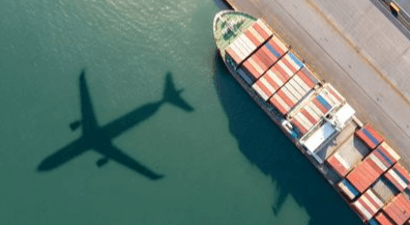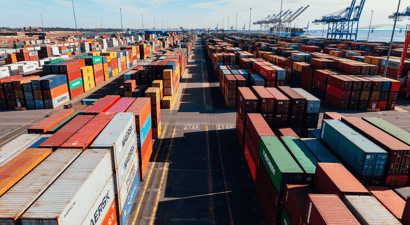Transnet Under the Spotlight: Investigated for Excessive Port Prices and Exclusionary Practices
On Thursday 7 July 2016, the Competition Commission announced that it was investigating Transnet for various abuses of dominance including excessive port prices and various exclusionary practices. The investigation is long overdue and to be welcomed.
Since the National Ports Act was promulgated in 2005, Transnet has been the monopoly owner and operator of all South African ports. Transnet is the landlord of all land in all South African ports, including the ports of Cape Town, Durban, East London, Ngqurha, Port Elizabeth, Richards Bay and Saldanha. Transnet is also the National Ports Authority responsible for operating the ports and issuing licences and concessions to operate in the ports. Transnet’s Port Terminals division owns and operates a number of port terminals for which it charges commercial terminal fees. South African port charges are far higher than global standards.
Data released in 2015 indicates imbalances in the local port pricing system. The Ports Regulator Global Price Comparator stated that bulk commodities were charged significantly lower total port costs than others in the global sample, and Transnet's cargo dues for the vehicle sector were 537% higher than the global sample average. The report also found that there was potential cross-subsidisation between manufactured goods and bulk commodity exports. Sadly, these cargo dues may not be included in the Competition Commission's investigation as they are regulated by the Ports Regulator. The Competition Commission's focus may be limited to the fees charged by Transnet's Port Terminals division. Exactly where the Commission's investigation will begin and end remains to be seen.
There is some hope that the investigation will be expansive. The Competition Commission stated that Transnet would also be investigated for exclusionary conduct through amongst other things, “preferential berthing windows, capped export capacity, minimum, minimum export tonnage requirements and preferential lease agreements”.
The National Ports Act specifically required the Port Authority functions to be moved into a separate company to prevent conflict between Transnet commercial activities as a terminal operator and its statutory role as port authority. That hasn't happened, and while no explanation for this has been forthcoming, Transnet’s statutory role nets it substantial revenue and it is presumably loath to lose that money.
To say that this situation gives rise to a number of uncomfortable conflicts of interest is an understatement. Transnet is in a unique position as the sole statutory authority in relation to the ports in which it operates commercially and in competition with firms which it also regulates.
One also has to question the role of Operation Phakisa, the results-driven Government delivery programme launched in 2014 to help implement the National Development Plan, with the ultimate goal of boosting economic growth and creating jobs. Operation Phakisa: Oceans Economy initiatives include improving port efficiency and port infrastructure in order to better service the maritime industry and attract investment. Over R7 billion was allocated by Transnet National Ports Authority to improve ports, and both port pricing and port practices definitely form part of this.
Let's hope that the Competition Commission's investigation addresses these issues.





